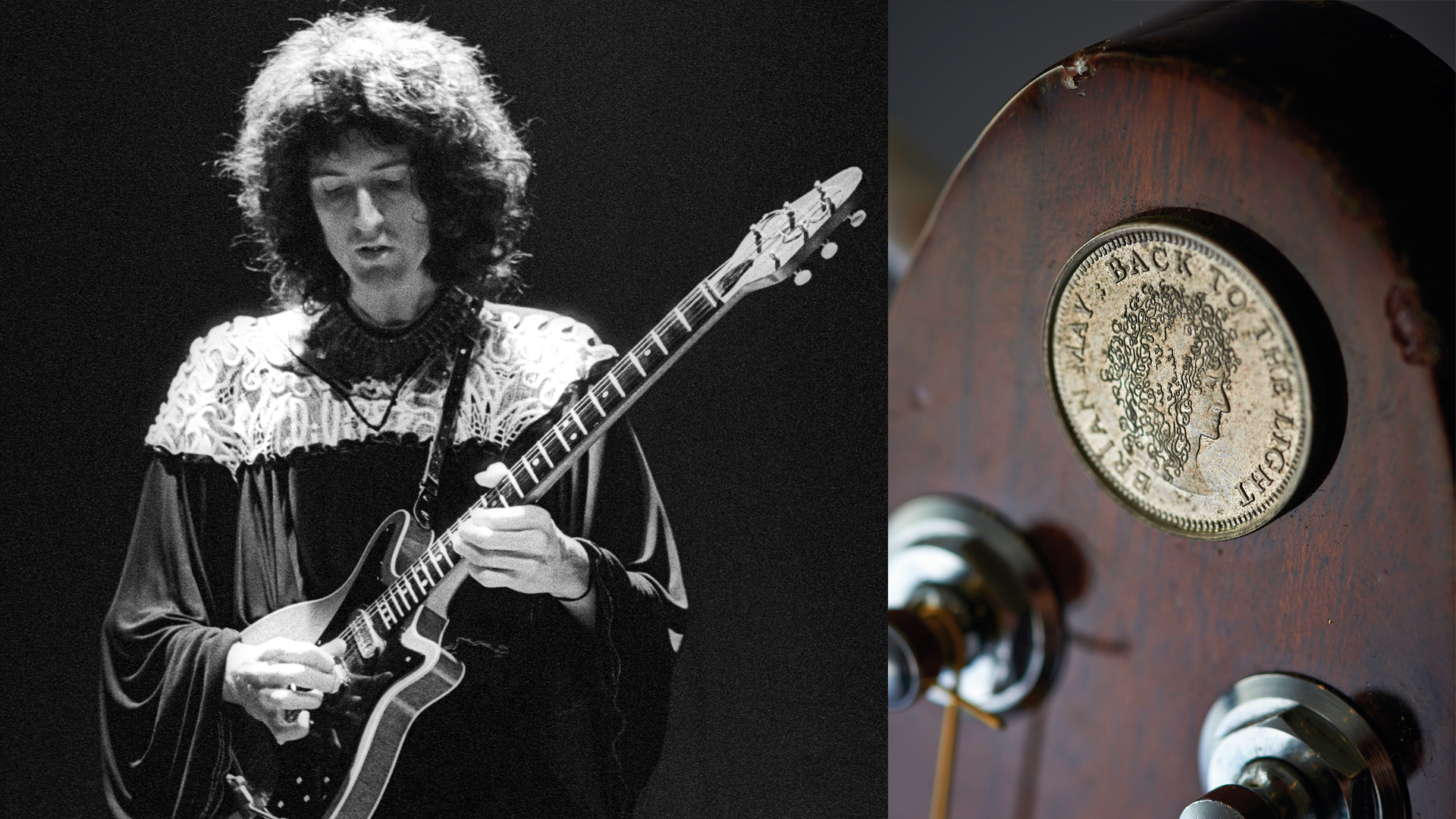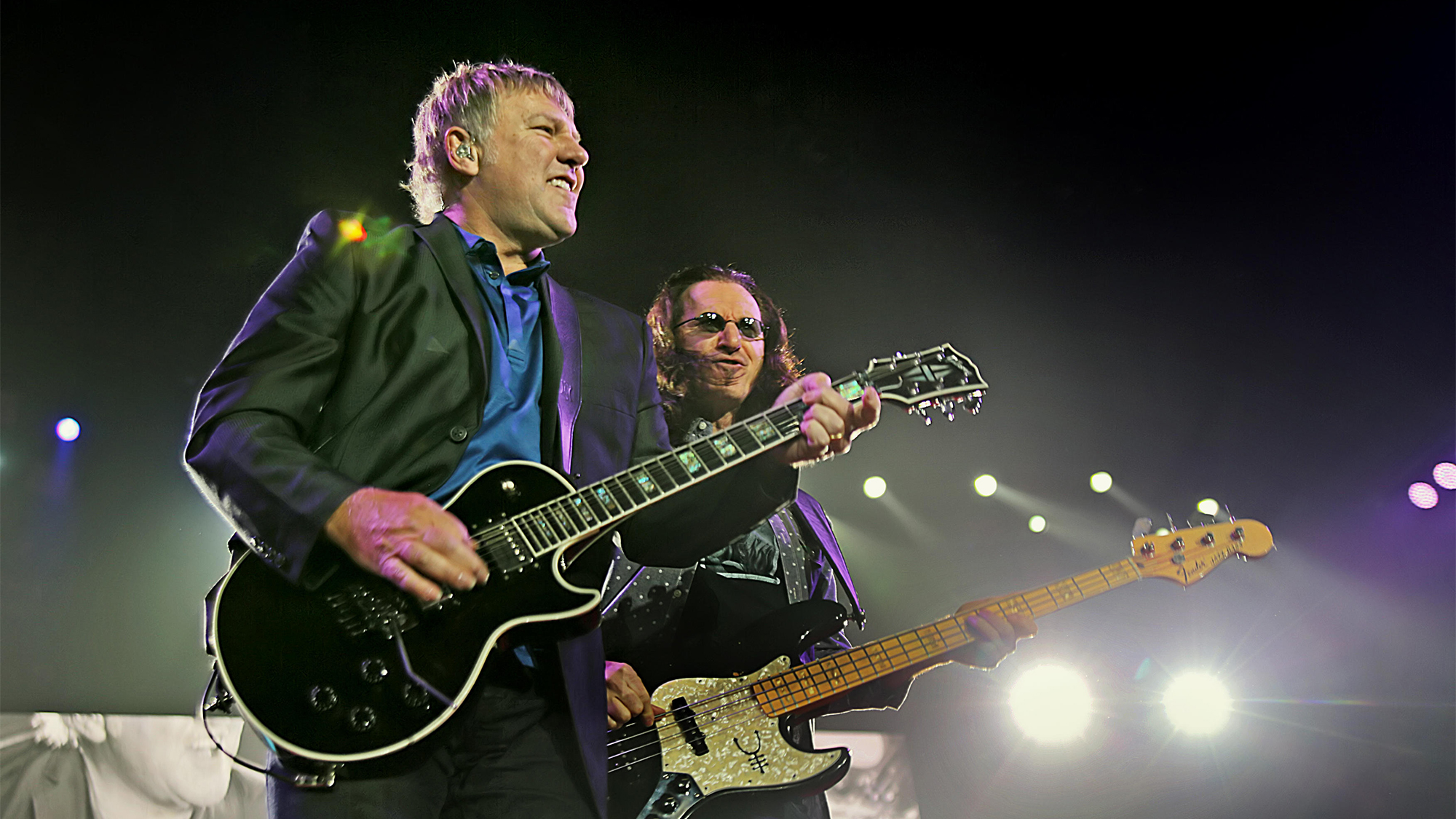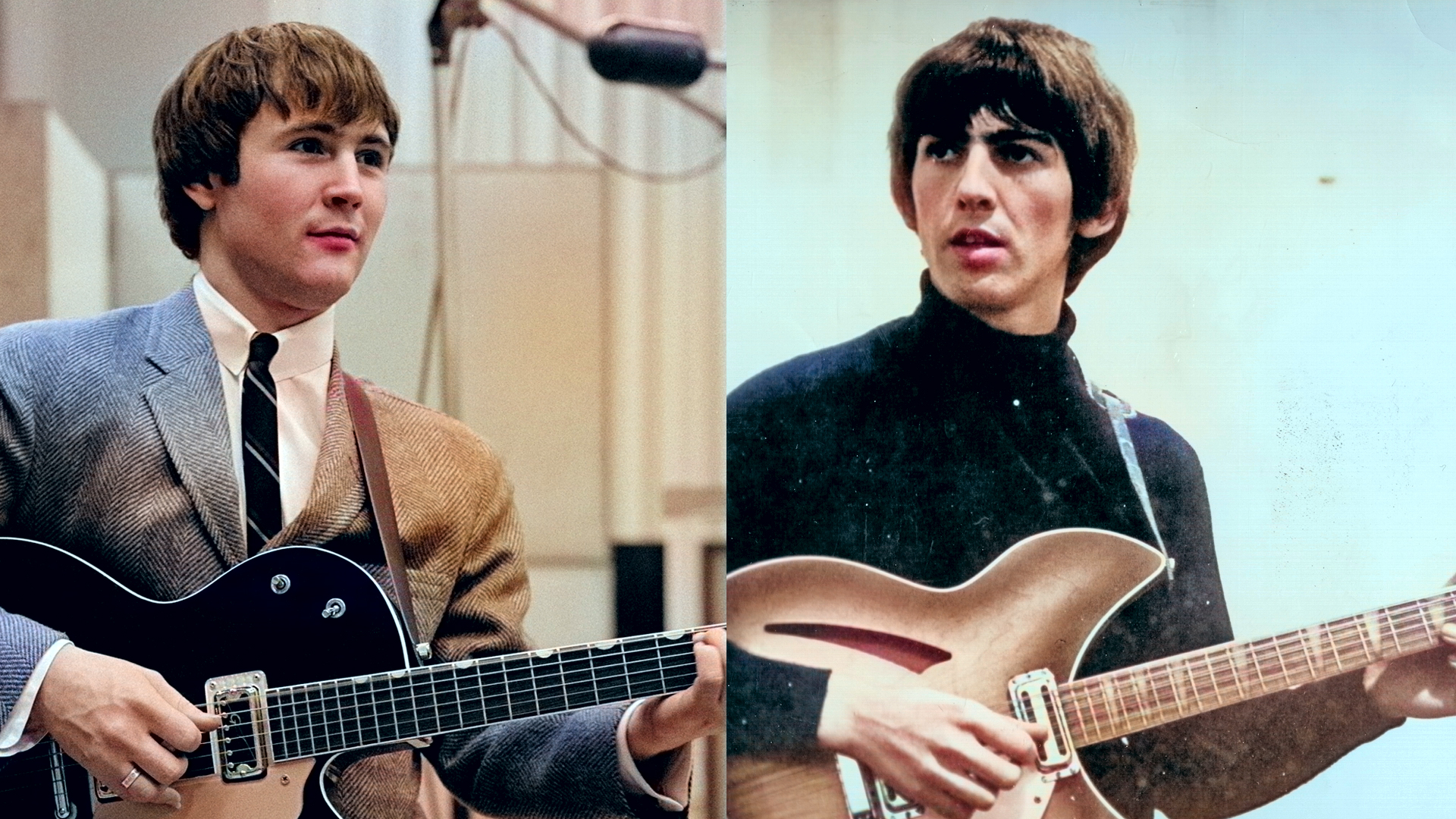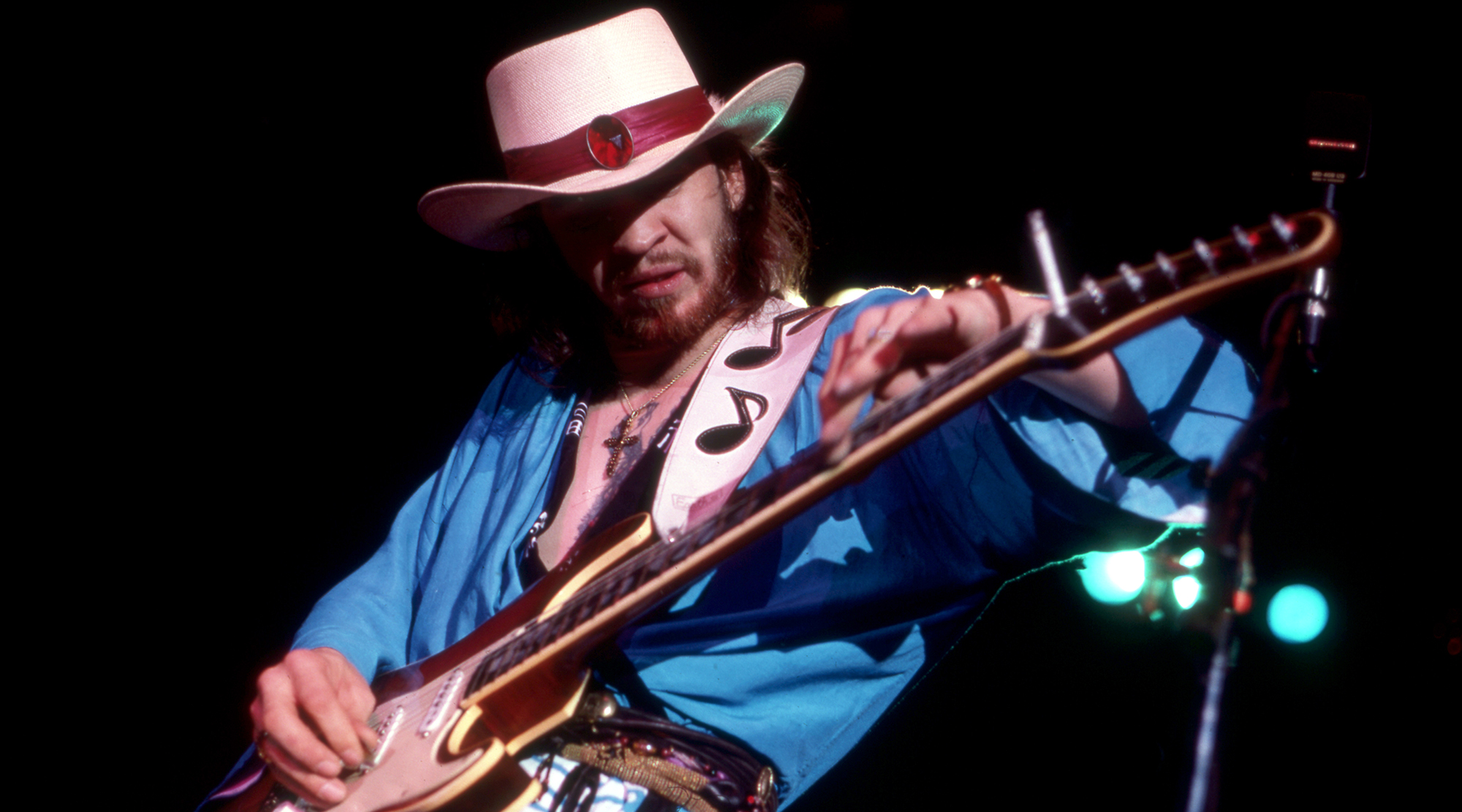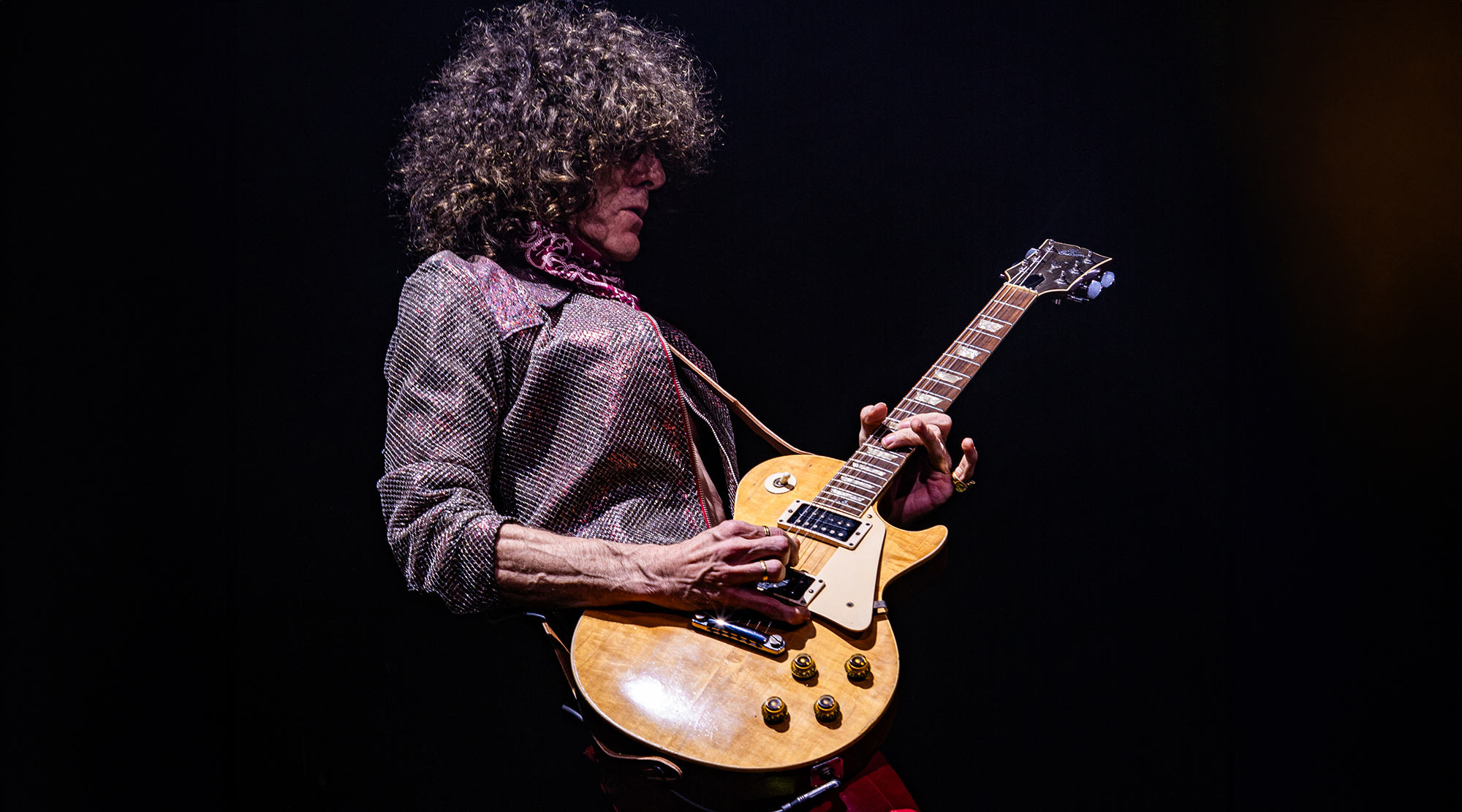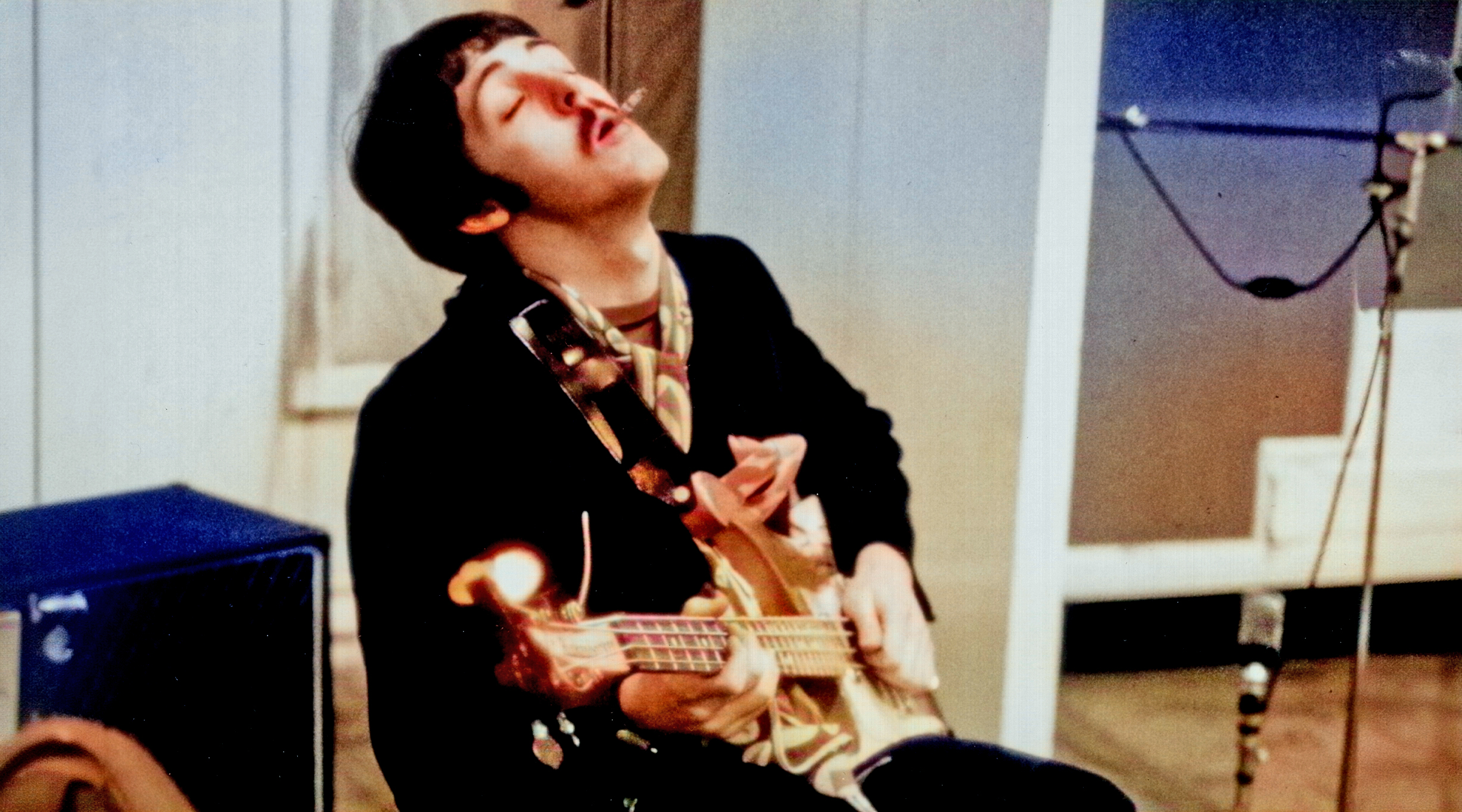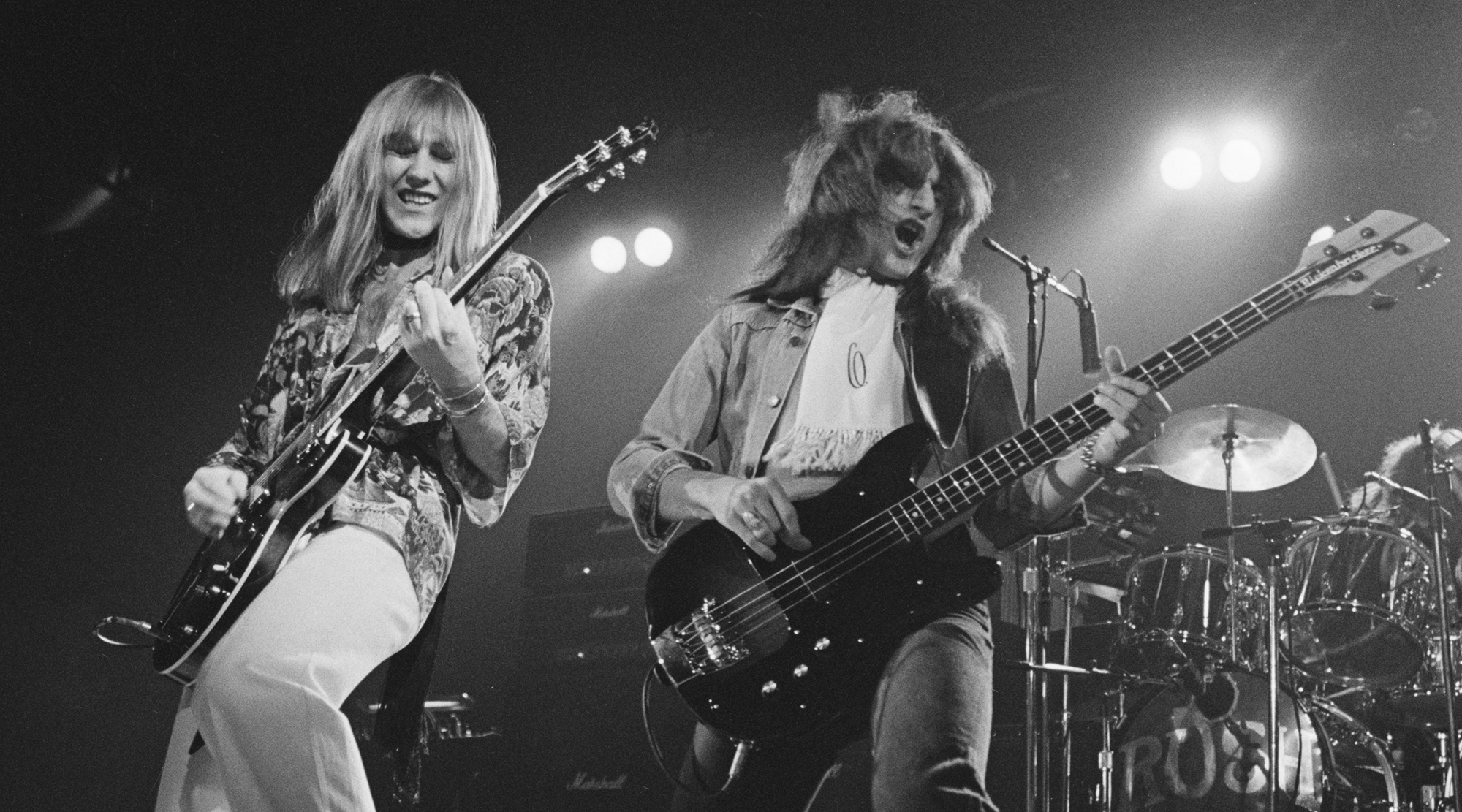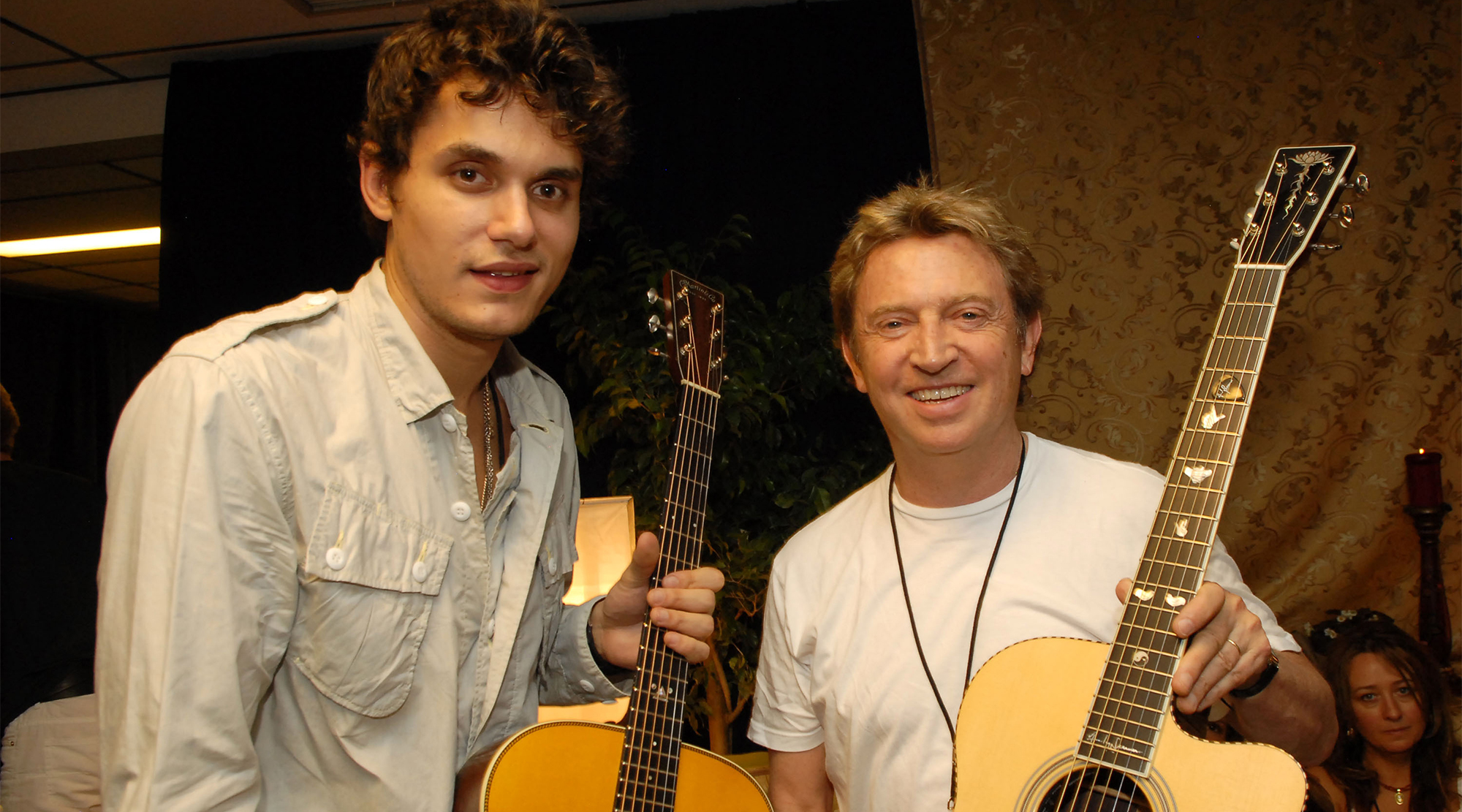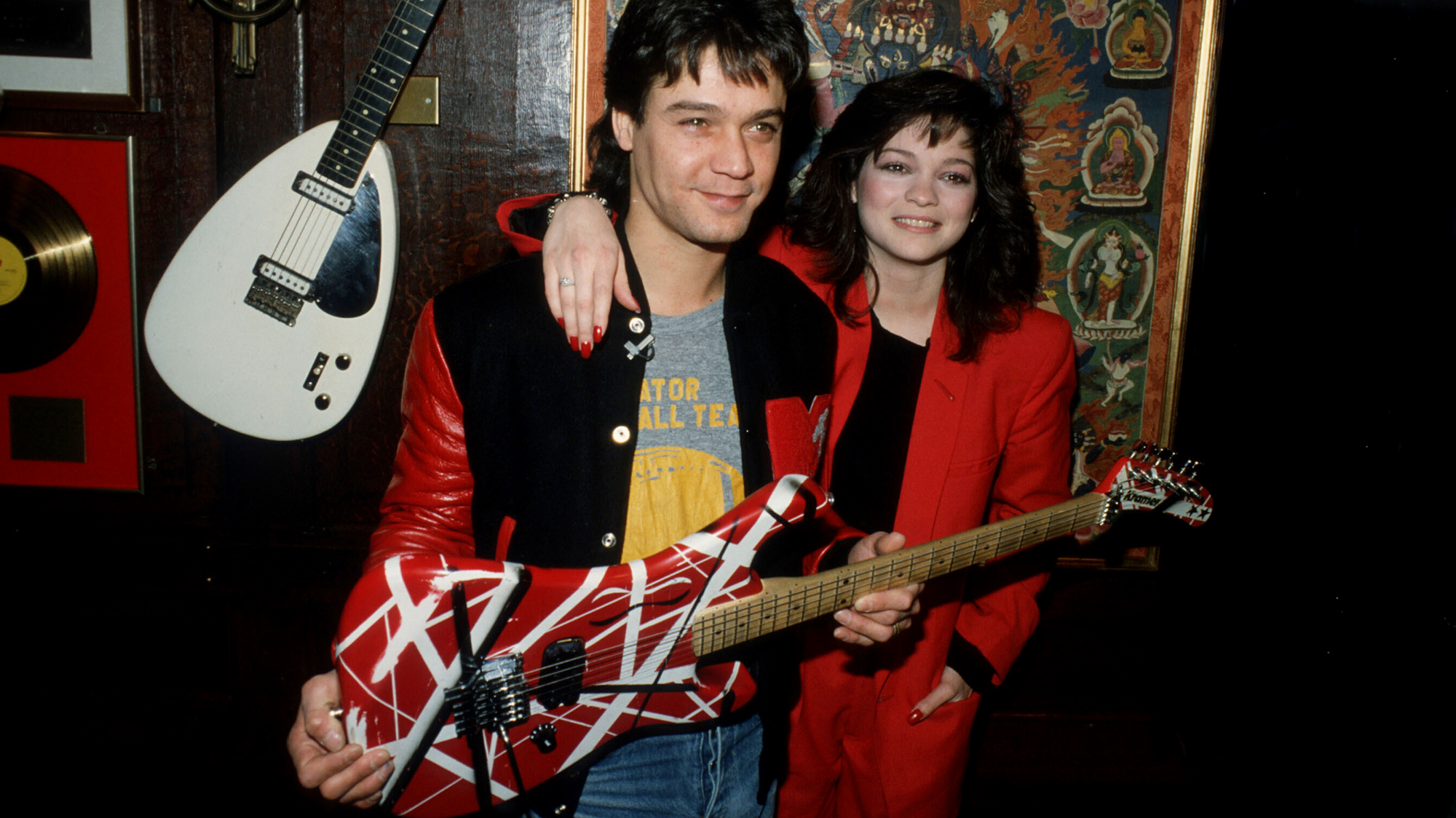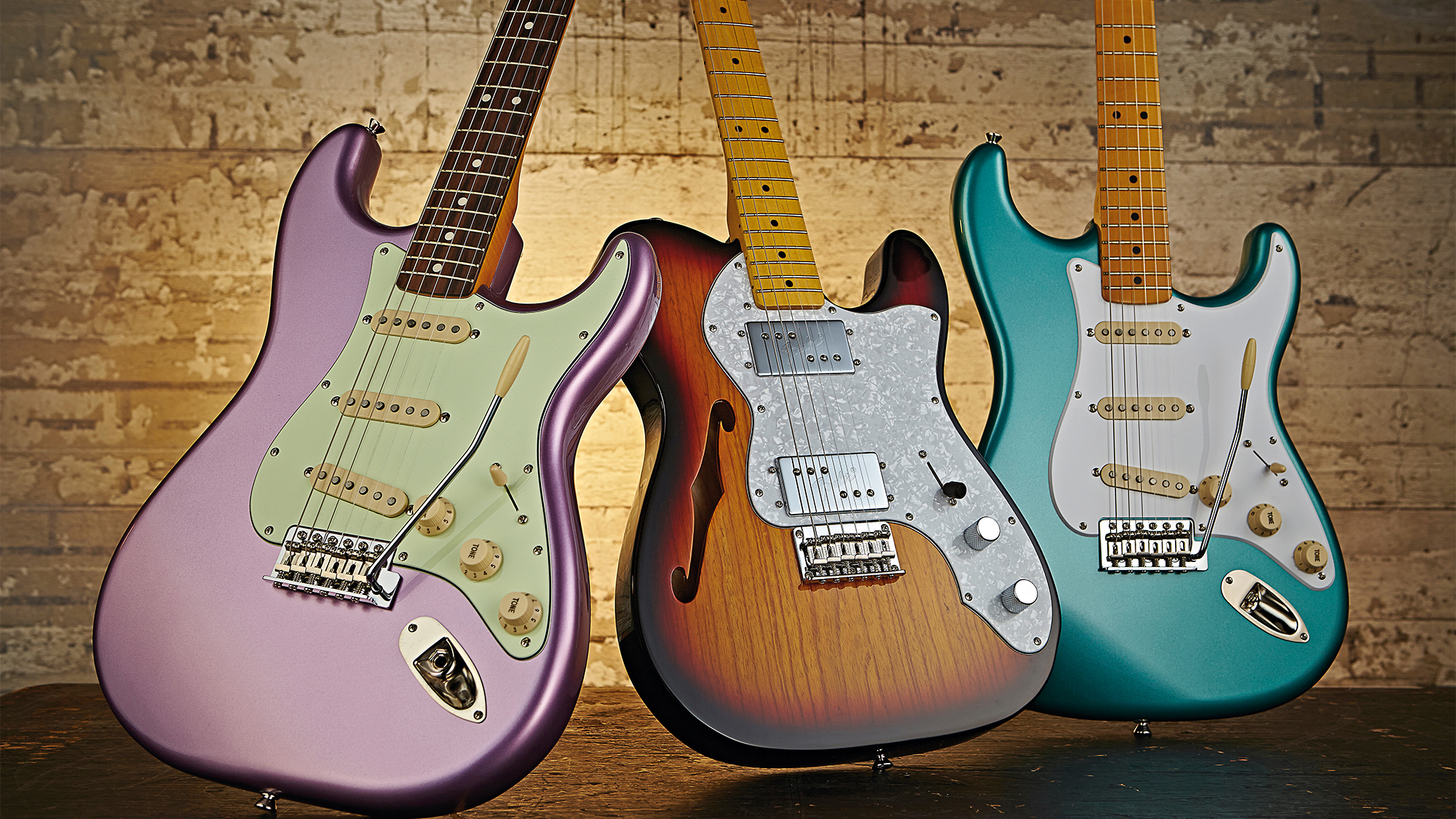Boss Enters a New Age of Space Echo with the RE-2 and RE-202
Based on Roland’s legendary RE-201 Space Echo these advanced DSP reverb and tape delay units offer an unprecedented level of realism.
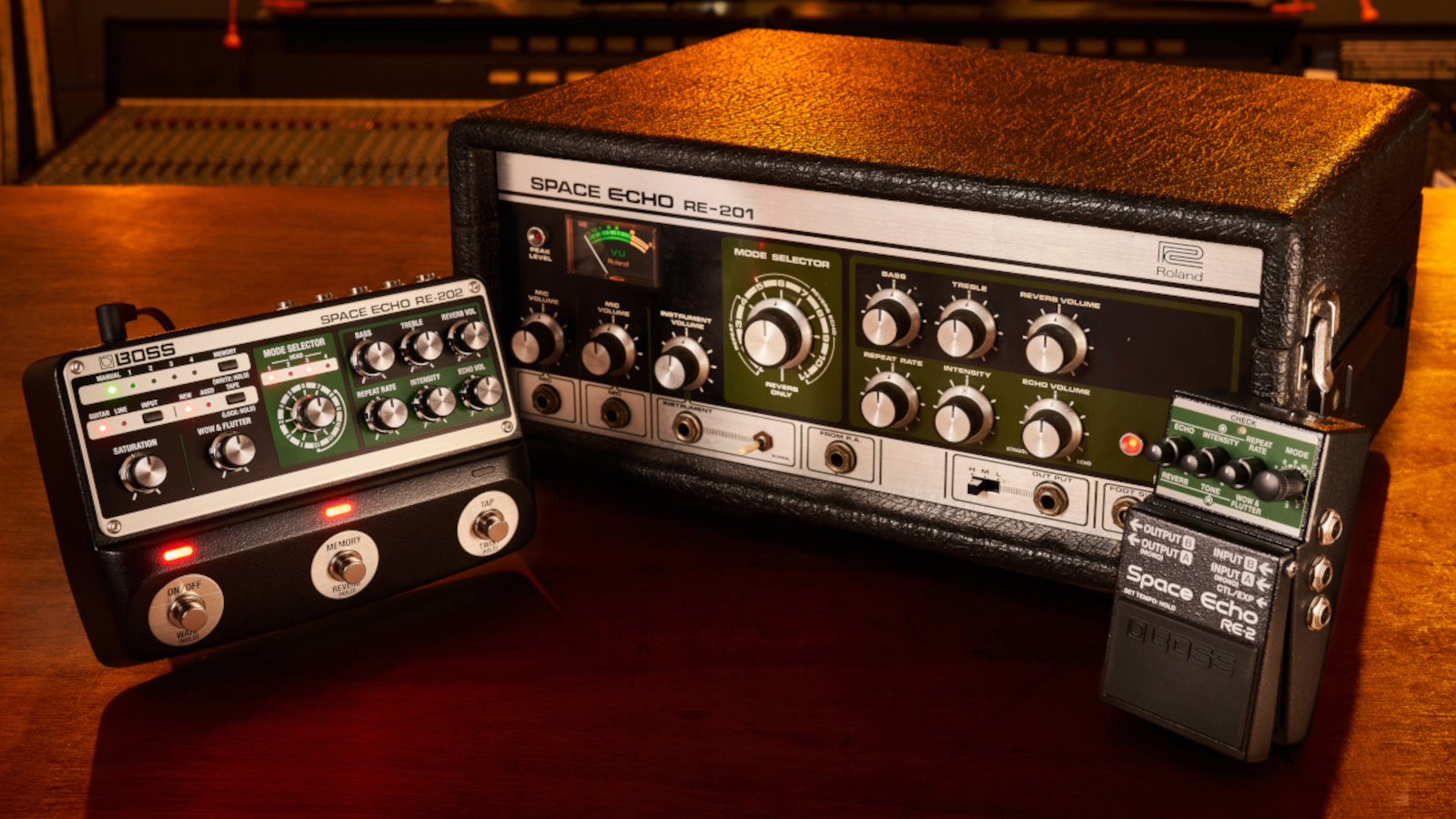
Boss has released two pro-level effects pedals based on the legendary Roland RE-201 Space Echo spring reverb/tape delay unit.
The Boss RE-2 Space Echo incorporates the familiar compact pedal design while the triple-footswitch Boss RE-202 Space Echo takes on a vintage-style enclosure similar to Boss's 1976 debut pedal, the CE-1 Chorus Ensemble.
Building upon decades of research, these advanced DSP stompboxes accurately replicate the unique sounds, character and behavior of the original Roland RE-201 Space Echo machines in stunning detail.
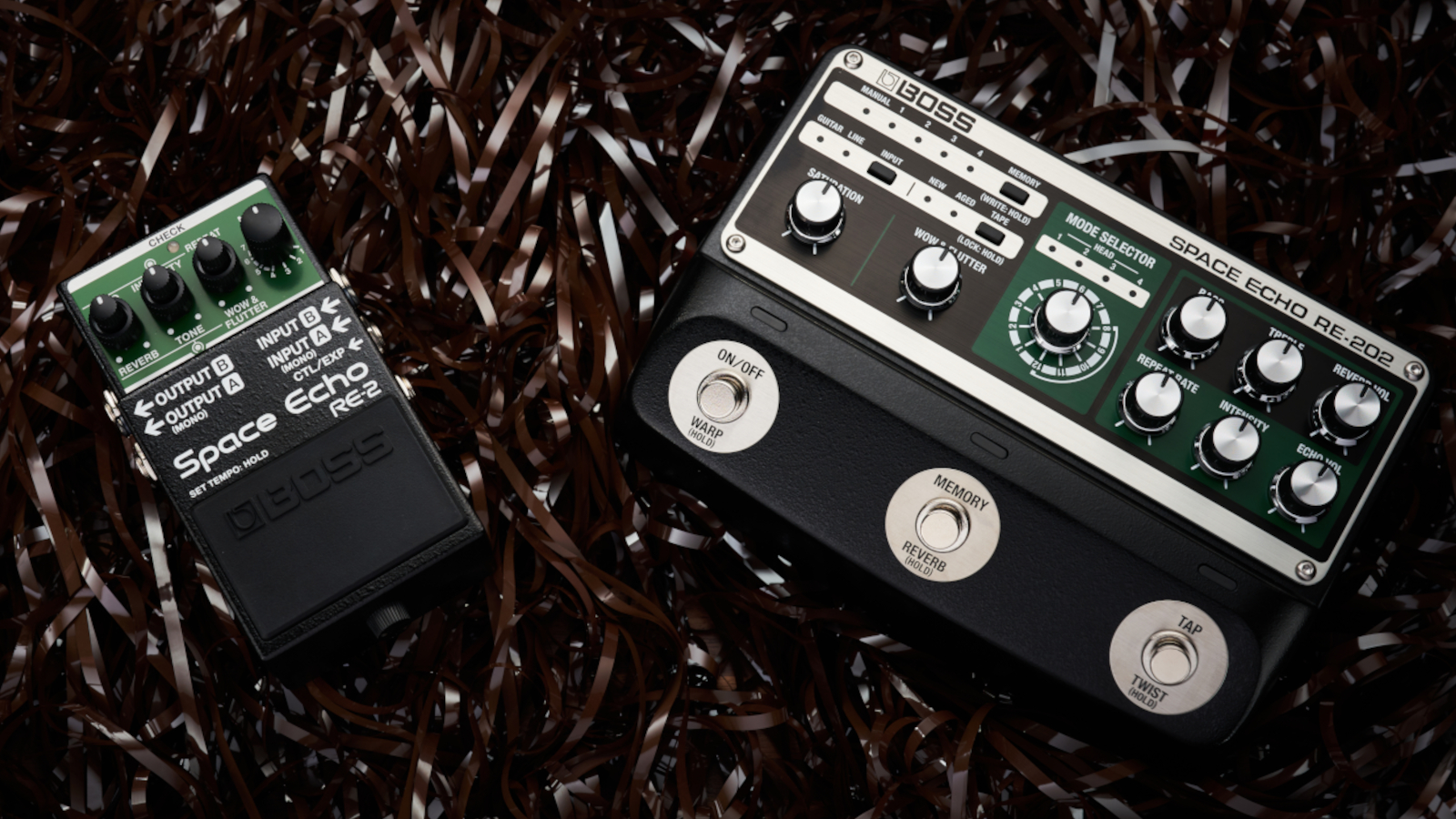
Formed in 1972, the Roland Corporation celebrates their 50th anniversary this year. Roland’s iconic Boss guitar pedal brand was launched in 1976 with the CE-1 Chorus Ensemble and has led the market ever since with innovation after innovation.
The first Space Echo units – the RE-100 delay and RE-200 reverb/delay – appeared in 1973, but these were quickly superseded by the enhanced RE-101 and RE-201 Space Echo devices the following year.
Boasting three-head tape delay and triple-spring reverb, the feature-laden Roland RE-201 Space Echo became an indispensable tool of artists across a broad range of styles, from dub and trip hop to post-punk and experimental rock.
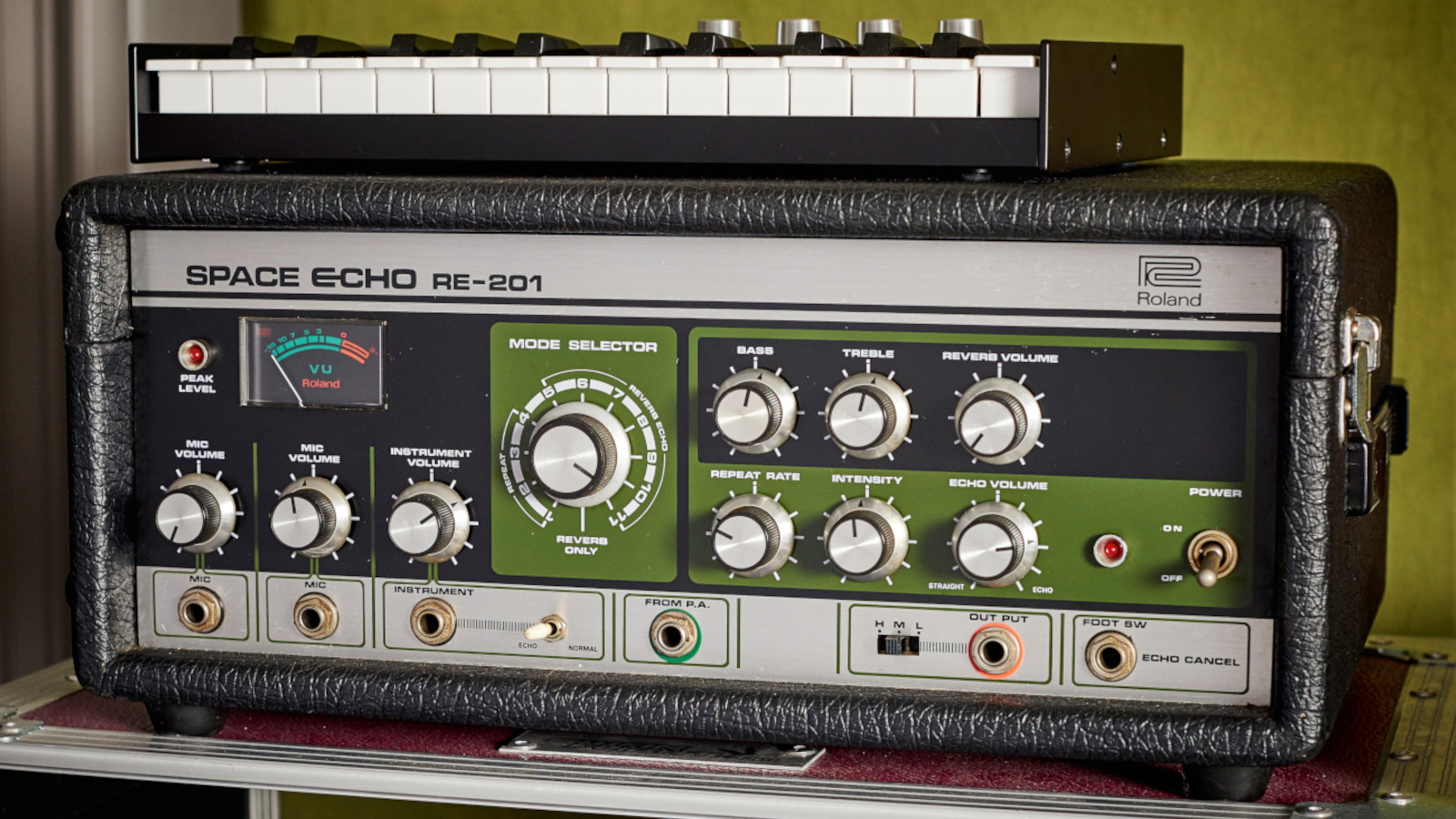
Many of the Roland RE-201 Space Echo’s quirks – such as preamp/tape saturation and tape ageing – were fully embraced by musicians for their unique musical qualities.
Get The Pick Newsletter
All the latest guitar news, interviews, lessons, reviews, deals and more, direct to your inbox!
Hence Boss’s new RE-2 and RE-202 Space Echo pedals both feature a Wow & Flutter control that adjusts the character of the subtle chorusing effect produced by aged tape.
The RE-202 also includes a Saturation knob for adjusting signature Space Echo harmonics/distortion and compression.
As per the original Roland units, the RE-202 Space Echo is endowed with Bass and Treble EQ controls to adjust the delay tone.
Meanwhile, the pedalboard-friendly RE-2 Space Echo compact pedal sports a single Tone control among its three stacked/concentric knobs.
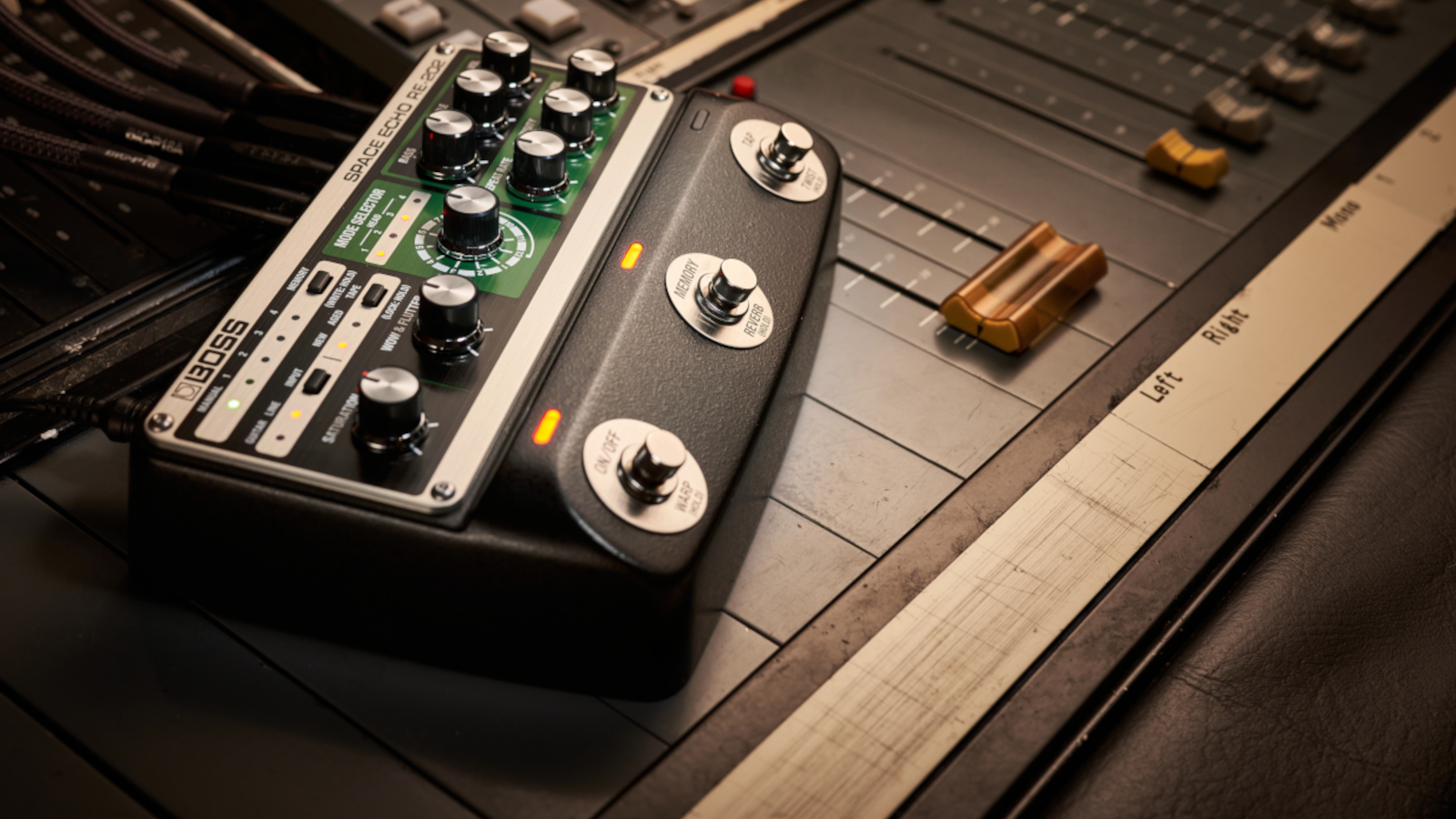
These new pedals effectively replace the Boss RE-20 Space Echo twin pedal that first appeared in 2007.
While this COSM unit is still adored by musicians worldwide, advances in DSP technology have enabled the Boss engineers to bring an unprecedented level of realism to the Space Echo experience.
Analyzing the complex mechanical and electronic component interactions of numerous original vintage analog Roland RE-201 Space Echoes, Boss has been able to provide musicians with the most accurate and authentic recreation to date.
With expanded features such as stereo in/out, tap tempo, expression control, and two second max repeat, these maintenance-free pedals are built like bullets in true Boss style.
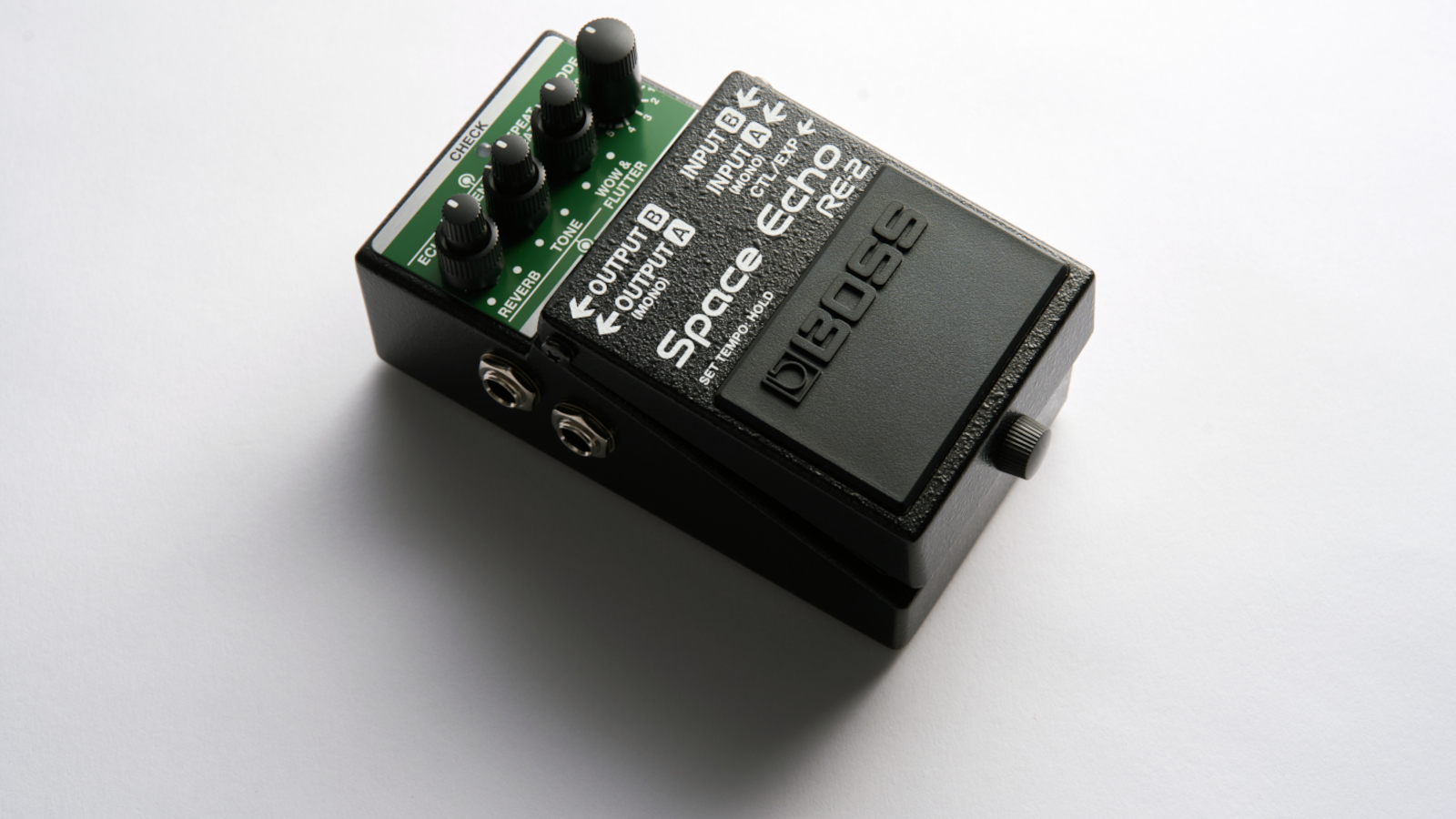
For many electric guitar and acoustic guitar players, the compact Boss RE-2 Space Echo is probably more than enough in terms of features and sounds. But for those wishing to branch out with MIDI connectivity, real-time control and expanded tonal options then the Boss RE-202 Space Echo may be the preferred option.
For more details on these awesome pedals head on over to Boss.
Rod Brakes is a music journalist with an expertise in guitars. Having spent many years at the coalface as a guitar dealer and tech, Rod's more recent work as a writer covering artists, industry pros and gear includes contributions for leading publications and websites such as Guitarist, Total Guitar, Guitar World, Guitar Player and MusicRadar in addition to specialist music books, blogs and social media. He is also a lifelong musician.
"The only thing missing is the noise from the tape loop." We review the Strymon EC-1 Single Head dTape Echo, a convincing take on a very special vintage tube Echoplex
"BigSky MX will be replacing the BigSky as my go-to reverb pedal. I’ve heard nothing that covers all the bases with such pristine and detailed audio quality." We crowned the Strymon BigSky MX the champ of multi-reverb pedals



